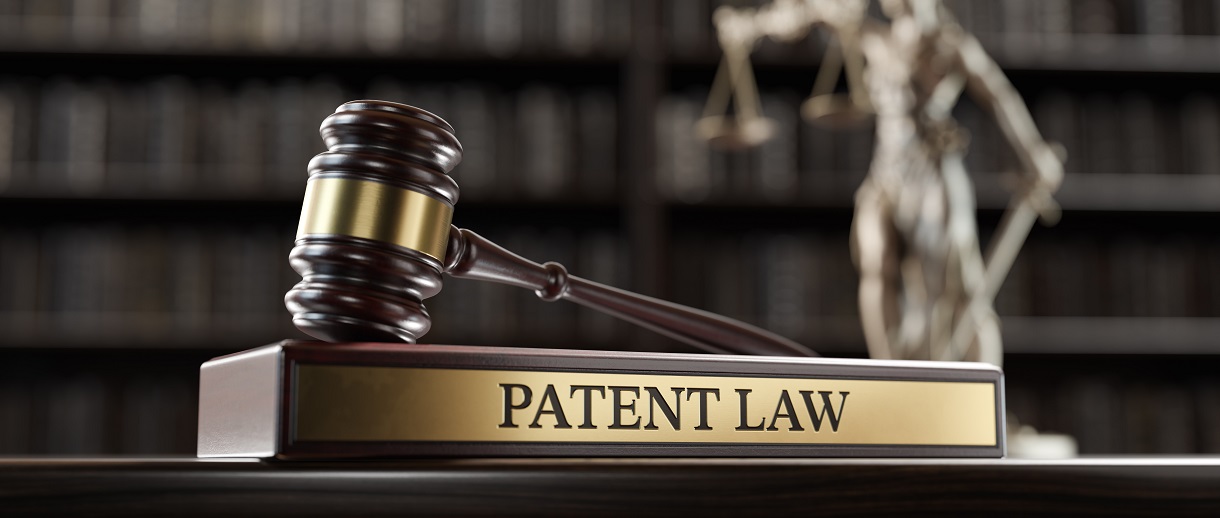
The Ministry of Commerce and Industry has, on March 15, 2024, notified the Patents (Amendment) Rules, 2024 to amend the Patents Rules, 2003 (“Amended Rules”), making significant changes to Indian patent practice and procedure. The Amended Rules have already come into effect from the date of publication, i.e., March 15, 2024.
The key highlights of the Amended Rules are:
I. MODIFIED TIMELINES
The Amended Rules have shortened certain timelines, such as those for requesting examinations and opposition proceedings, while relaxing the timelines for submission of working statements (in Form 27) and details of corresponding foreign applications (in Form 3). Additionally, the Amended Rules have relaxed the provisions for seeking extensions.
a. Reduced timeline for filing a Request for Examination (RFE)
In one of the most significant amendments, the timeline for filing the RFE is now reduced from forty-eight (48) months to thirty-one (31) months from the priority date or application filing date, whichever is earlier.
In effect, for national phase applications, in most cases, the applicant will not be able to avail of a waiting period for filing the RFE, and will now have to file the RFE along with the application.
The Amended Rules clarify that this reduced timeline is not applicable to applications filed before the commencement of the Patents (Amendment) Rules, 2024; for those applications, the prescribed timeline for filing the RFE would still be 48 months.
b. Timeline for compliance with Section 8 requirements
i. Requirements Under Section 8(1): Any “updated” information regarding corresponding foreign applications must be submitted within three months after receiving the First Examination Report (FER).
Thus, the applicants no longer need to file updated Form 3s on a regular basis, and can now simply file a single updated Form 3 after receiving the FER.
Additionally, an extension of three months can be obtained for filing Form 3.
ii. Requirements Under Section 8(2): Indian Patent Law has been infamous for having the tedious requirement of submitting examination reports and claims as allowed in other jurisdictions, despite this information being readily accessible to controllers.
The Amended Rules have eased the requirements under Section 8(2) by requiring the controller to use accessible and available databases for considering information relating to applications filed in jurisdictions outside India. Further, the controller may, for reasons to be recorded in writing, direct the applicant to furnish a fresh statement and undertaking in Form 3, which the applicant will have to adhere to within two months.
c. Extension of time for putting an application in order for a grant
Under Rules 24B and 24C, the applicant could seek an extension of up to three months for filing the response to the examination report. However, such a request had to be filed before the expiration of the 6-month due date for filing the response to the FER.
The Amended Rules relax the requirement of filing this request for extension before the expiry of said six months’ period. Now, the request for extension can be filed anytime during the three-month extended period (i.e., any time within 9 months from the date of issuance of the FER).
d. Extension of Time under Rule 138
Previously, Rule 138 (power to extend time prescribed) empowered the controller to condone delays, with a few exceptions, for a period of 1 month.
The title of Rule 138 has now been changed to ’Power to extend the time specified or condone delay’. Now, the time specified for doing any act or taking any proceeding may be extended, and any delay may be condoned, by the Controller for a period of up to six months. A request for extension of time or condonation of delay can be filed during the six-month extended period. Also, the request may be made any number of times within the specified period of six months.
e. Working Statements (Form 27)
Previously, a statement of working had to be filed every year. This frequency is now changed under the Amended Rule. Now, a working statement has to be submitted only once every three years. The first statement of working will have to be submitted within six months from the end of the third financial year.
II AMENDMENTS IN PRE-GRANT OPPOSITION PROCEEDINGS
Official fee: Under the previous rules, no official fee was payable for filing a pre-grant opposition. This has changed, and the official fee for filing a pre-grant opposition is now INR 20,000 for large entities and INR 4,000 for others.
Procedure: According to the Amended Rules, the Controller must be satisfied whether a prima facie case is made out in the representation before notifying the applicant of the pre-grant opposition.
If prima facie a case is not made out and the opponent has not requested to be heard in the matter, the controller must notify the opponent and pass an order recording the grounds for refusal of the representation within one month from the date of such notification.
If a prima facie case is not made out and the opponent has requested an opportunity for a hearing, the controller shall provide an opportunity of hearing, and pass an order within one month from the date of hearing, recording reasons for refusal or prima facie acceptance of the representation and notifying the applicant accordingly.
If a prima facie case is made out in the representation, the controller shall, within one month of receiving the representation, pass an order recording his reasons and notify the applicant accordingly. Further, once a prima facie case is made out, the examination will be conducted as per the procedure for expedited examination.
Additionally, if either party desires to be heard in a pre-grant opposition, the parties must give notice to the controller along with the payment of the requisite fee (INR 7500 for large entities and INR 1500 for others).
Timelines: As per the Amended Rules, the prescribed timeline for filing a reply statement to a pre-grant representation by the applicant has been shortened to two months (previously, it was three months).
III. DIVISIONAL APPLICATIONS
The Amended Rules clarify that a divisional application can be filed in respect of an invention disclosed in the provisional or complete application or a further divisional application.
This amendment is in alignment with the recent decision of the Delhi High Court (DHC) in Syngenta Limited v. Controller of Patents and Designs by the order dated 13 October 2023 in C.A. (COMM.IPD-PAT) 471/2022, discussed here. In that decision, DHC clarified that divisional applications may be filed in respect of parent applications where the complete or provisional specification (and not necessarily the claims) of the parent application disclose a plurality of inventions.
IV. AMENDMENTS IN STATEMENT OF WORKING (FORM 27)
Besides amendments to the timelines for submitting Form 27, the form itself has also been revised.
As per the new Form 27, patentees no longer need to furnish the revenue/ value accrued to the patentee by manufacturing/ importing the patented invention in India. Patentees need to now only state as to whether the patent is worked or not worked and provide reasons for non-working. A significant change in the amended Form 27 is that patentees must state whether the patent is available for licensing. If yes, the patentee may also indicate on the form if they would be interested in receiving communications from persons interested in such licenses, and provide contact details accordingly.
V. PROVISIONS FOR GRACE PERIOD
Section 31 of the Indian Patents Act, 1970 provides applicants with a grace period of 12 months, under certain conditions, to file patent applications. While the Act contained provisions for a grace period, the rules were silent regarding the procedure for availing such a grace period.
The Amended Rules provide, under a new rule 29A, a new Form 31, to be used for availing of a grace period. Form 31 also lays down additional requirements for the allowance of the grace period, as follows:
- Disclosure of the earliest date of use, publication, or disclosure of the claimed invention; and
- Relevant documentary evidence of the ground on which the grace period is being sought.
VI. DECLARATION OF INVENTORSHIP
In the Amended Rules, a new Rule 70A, and a new Form 8A, have been inserted relating to certificates of inventorship. Under this rule, an inventor may apply for a certificate of inventorship by filing a request along with a fee of INR 900.
As the Indian patent certificate does not identify the inventors, this provision will allow inventors to be identified for their inventions.
VII. AMENDMENTS TO OFFICIAL FEES
- Extension of Time Under Rule 138: The fee for requesting extension/ condonation of delay under Amended Rule 138 is INR 50,000 per month for large entities and INR 10,000 per month for others.
- Patent of Addition: The official application fee for filing a patent of addition shall be 50% of that payable for other applications.
- Renewal Discount: A 10% discount will be available on patent renewal fees when paid in advance via e-filing for at least 4 years.
- Post-grant Opposition: The official filing fee for post-grant opposition has been increased from 12,000 to INR 40,000 for large entities and from 2400 to INR 10,000 for others.
- Mentioning an inventor in the application: The official fee (previously INR 4,000 for large entities and INR 800 for others) for filing a request for mentioning an inventor in the patent application now stands waived.
- Request to Surrender a Patent: The official fee (previously INR 5,000) for surrendering a patent under Section 63 now stands waived.
















